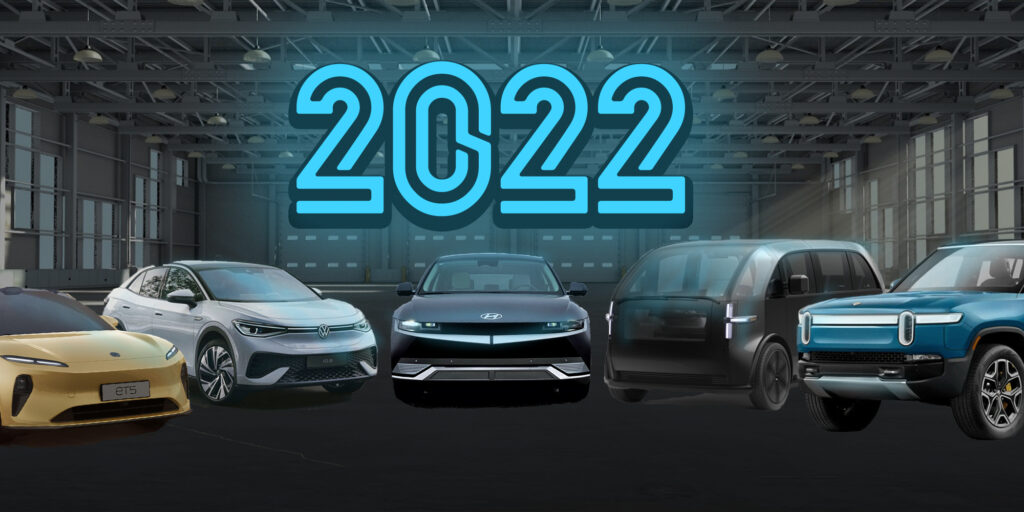Indeed, Electric Vehicles are far from monopolizing the auto market; still, they managed to publicize themselves to the point where consumers wonder if their next car should be electric.
And why not? Quite in operation, more spacious interiors, higher efficiency, zero tailpipe emissions, and easy to repair— Electric Vehicles outweigh the conventional combustion motor cars in some ways.
Yes, only in some ways. You have to take into consideration that EVs are still evolving and come with attributes that may be a hindrance to some drivers. For instance, although rare, maintenance of EVs usually costs more and requires professionals like TLCAutoTruck to get the job done.
Scroll down to find out about EVs from this quick, easy-to-understand guide.
What is an Electric Vehicle (EV)?
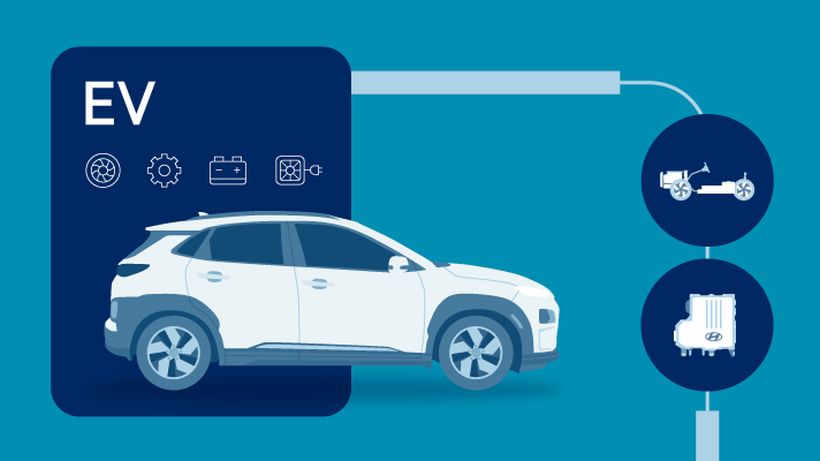
Electric Vehicle, well, is a vehicle that uses batteries instead of the conventional fossil fuel for propulsion, i.e., moving the piston reciprocally (rotating the wheels).
Like gasoline-powered vehicles have a gas tank for supplying fuel to the engine, an EV, i.e., Electric Vehicle is powered autonomously by a battery (more than one for now).
And just like you go to the gas station to get the fuel, the battery-powered charged by solar panels, or by converting fuel to electricity using fuel cells or a generator.
However, in a world where EVs are still evolving, there are different types of EVs out there. We will have a closer look at the types of Electric Vehicles later in this guide.
How do Electric Vehicles work?
Where the gas tank in the conventional motors works as an energy source, the batteries act as the energy reserve in the Electric Vehicles.
These batteries are charged via plugging into a charging station or at home. Yes, homes, because these batteries usually necessitate the 120V outlet or 240V (distributed voltage at homes) outlets to charge themselves.
Since electricity acts as a fuel source, Electric Vehicles have electric motors instead of the conventional internal combustion engine (which uses gasoline).
And now it’s pretty self-explanatory; the batteries are charged and supply the stored energy to the electric motors to turn the wheels.
Different Types of Electric Vehicles
Coming to the types of Electric Vehicles available out there: there are three main varieties available in the market.
Plug-In Hybrid Electric Vehicles (PHEV)
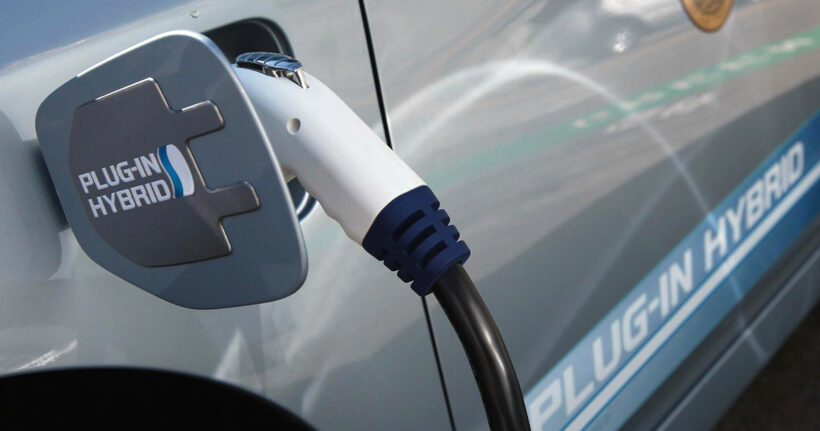
Plug-in Hybrid Electric Vehicles employ both battery and gasoline to power the engines. Needless to say, Plug-in Hybrid EVs have a battery, an electric motor, a gasoline tank, and an internal combustion engine. What’s remarkable about Plug-in Hybrid models is they can switch the engine’s power source. And internal combustion could recharge the batteries.
Battery Electric Vehicles (BEVs)
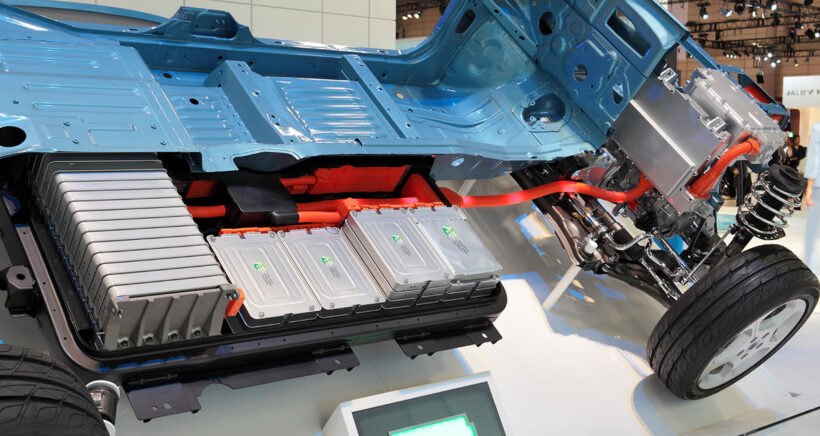
Referred to as the actual Electric Vehicles, Battery Electric Vehicles use only rechargeable batteries as the power source. There is no gasoline engine like the Plug-in Hybrid and Hybrid models. These variants either use one single motor or four motors — one for each wheel. Evidently, the one motor variants are cheaper, but the four motor models offer more control and have regenerative braking technology.
Hybrid Electric Vehicles (HEVs)
Like plug-in Hybrid EVs, Hybrid Electric Vehicles incorporate both gasoline engines as well as electric motors with a battery. However, the batteries are not charged via electrical outlets. Instead, all their energy comes via regenerative braking technology, which recoups otherwise lost exuberance in braking. And the batteries aid the gasoline engine during acceleration.
Are EVs More Expensive to Maintain Than Gas Vehicles and the Common Maintenance items in EVs?
No, they do not.
They cost less.
Yes, some parts of Electric Vehicles indeed cost a fortune, but usually, these parts never break in the first place. And come with multiple-years applicable warranties. But these are operating costs that could very well occur in gasoline-powered automobiles too.
Coming to the maintenance demanded by EVs, the most usual ones are rotating the tires, wiper fluid, brake fluid, replacing air filters, flushing the battery thermal management coolants.
And you might already know that all this maintenance is expected in gasoline-powered motors, aside from replacing the thermal management coolants (less often than gasoline engine coolants).
So, there you go. Maintenance costs are less than gasoline-powered vehicles.
Range of Electric Vehicles
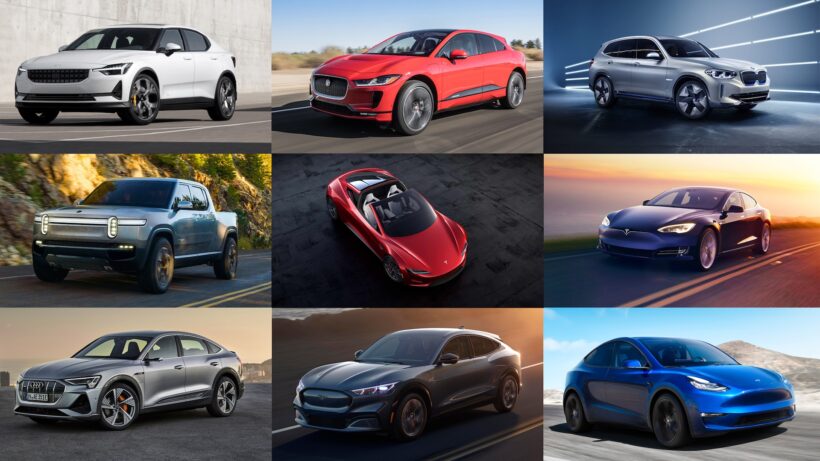
Electric Vehicles are capable of traveling — on average — 300 miles on a single charge.
The newest — 2024 Lucid Air Dream Edition Range — has the highest EPA-estimated range of any other EV sold today with 520 miles range.
The prevalent Tesla variants can cover 300-400 miles on a single charge.
Although made for in-city driving, the ranges guarantee that you can easily take long road trips.
Do Electric Vehicles Cost More than Gas Cars?

Electric Vehicles cost more upfront than the Gas Cars — for the same features.
However, the overall owning and operating costs of EVs are lower than those of Gas Cars.
But keep in mind that the costs of the EVs depend on the location.
Some states in the US have made provisions not to lay the Sales Tax or drop the charges of licensing or tags for the sake of reaching federal targets and encouraging people to opt for the eco-friendly variants.
How can I decide that an EV should be my next purchase?
A lot of people tend to fiddle with this question. Whereas, a lot of people make their decision on the sole factor, i.e., money.
But it is actually easy to decide.
You could rule this out via the benefits and disadvantages of both.
The maintenance costs and refueling costs are low in EVs. But they do not offer an indefinite range as the gas cars. So, if you need a car for short-distance and in-city touring, then EVs are the way to go.
One other factor is can you charge the EV at your home. Yes, a charging station down the block sounds fantastic, but — trust me — the comfort of overnight charging at home is like no other. And you should avoid EVs if you cannot charge them at home or work.
Also, take into account that range of EVs drop in the cold weather. So, consider if you can accept a significant loss of range in cold weather.

